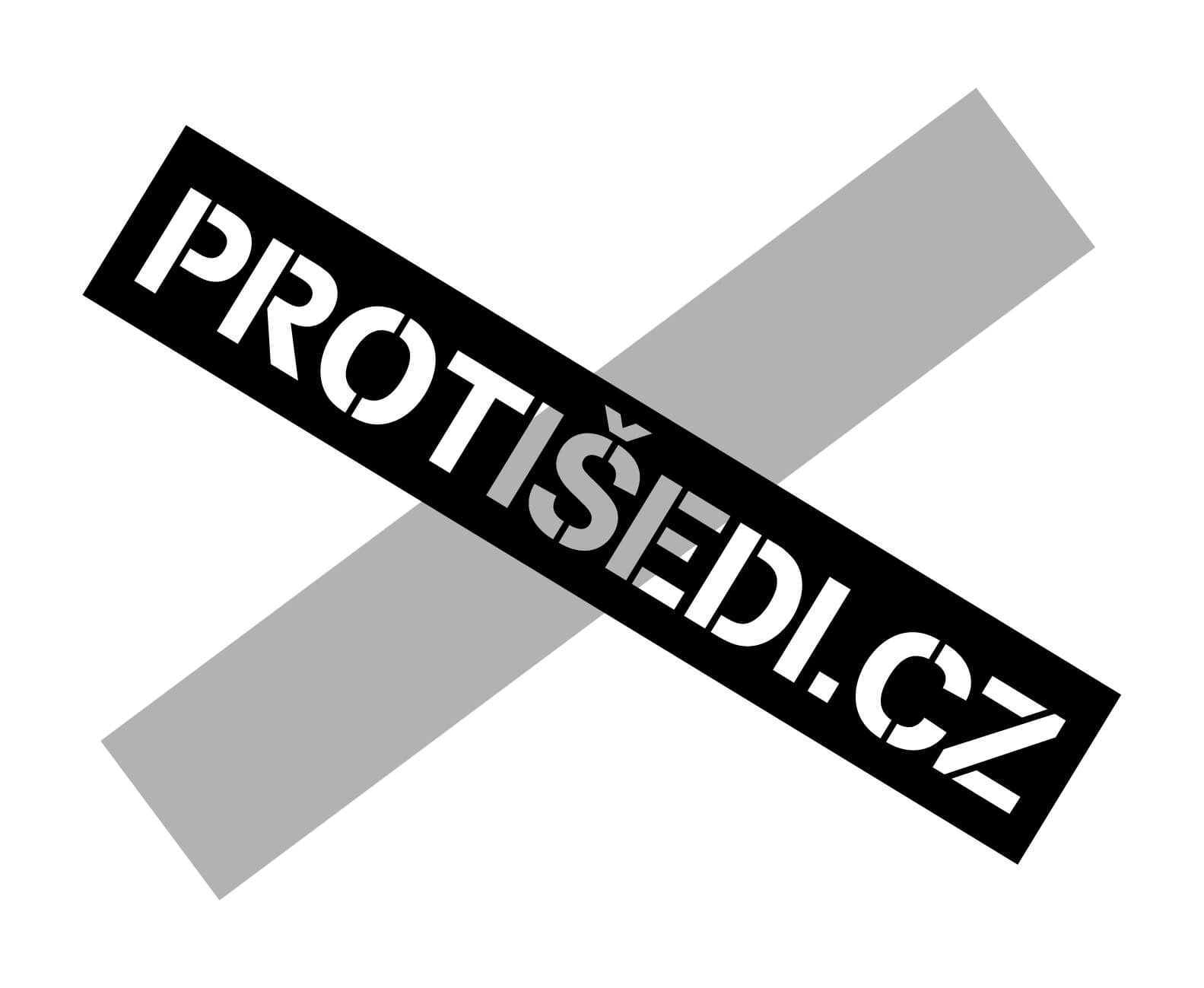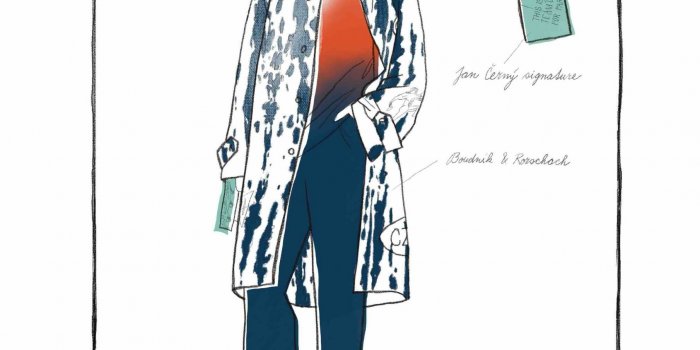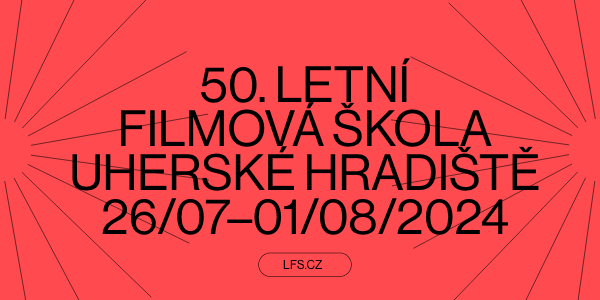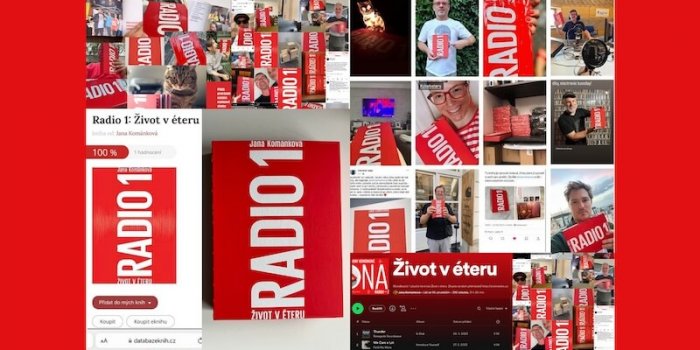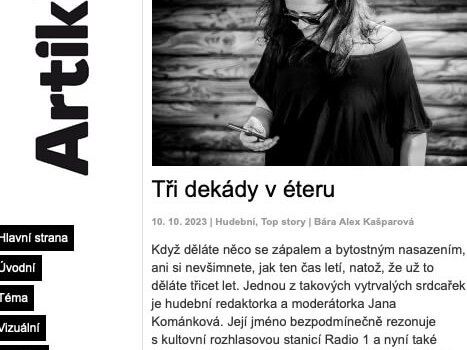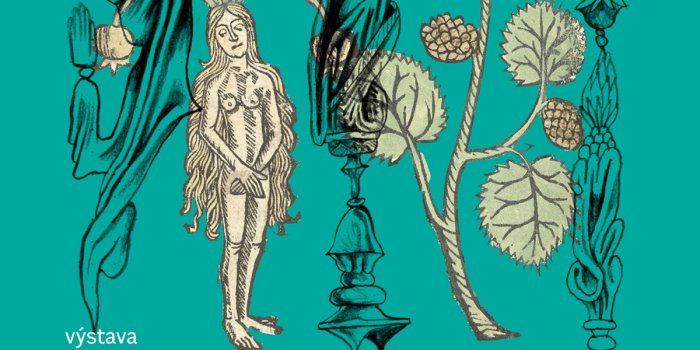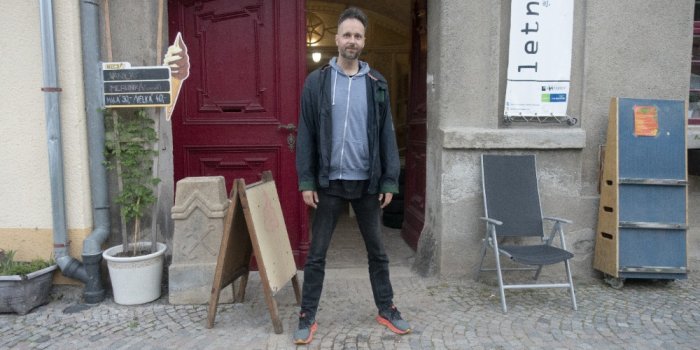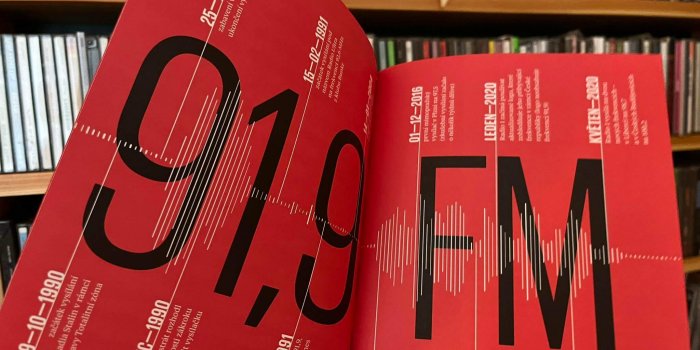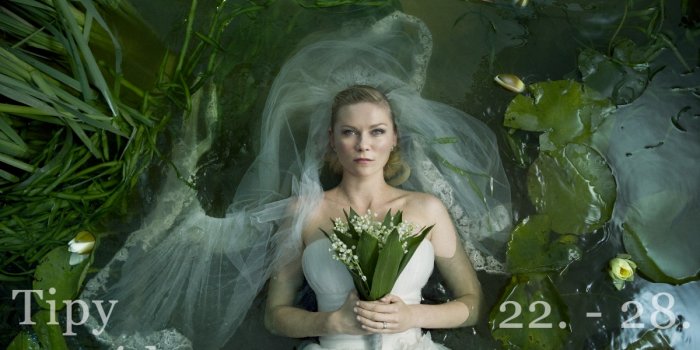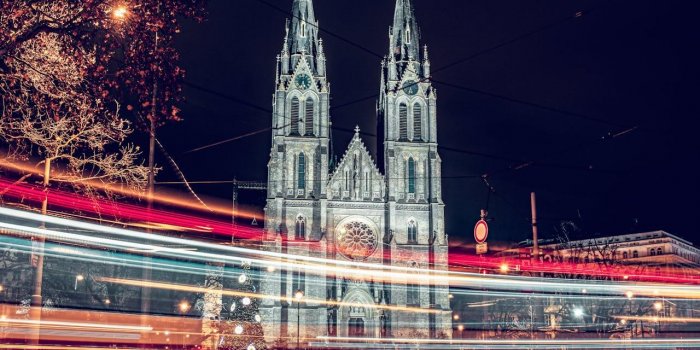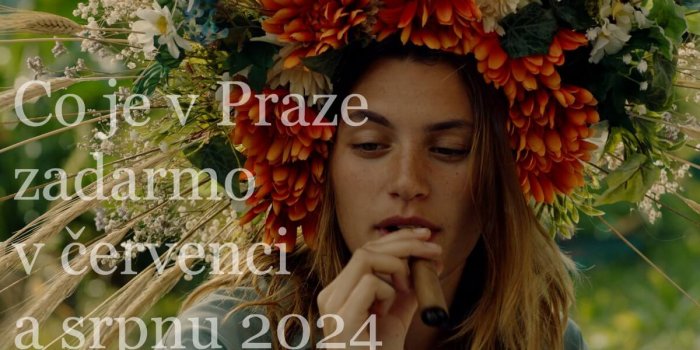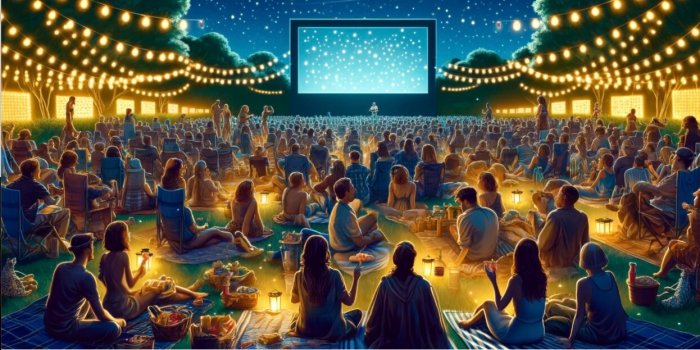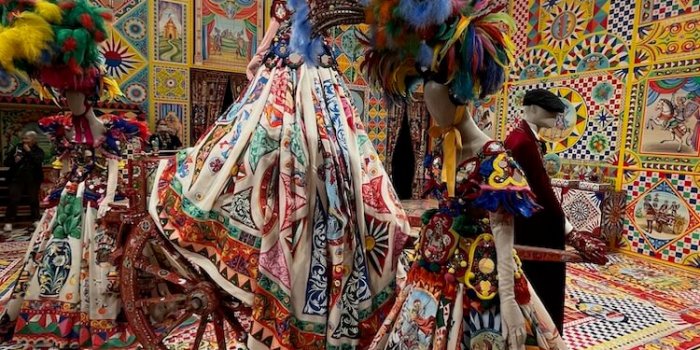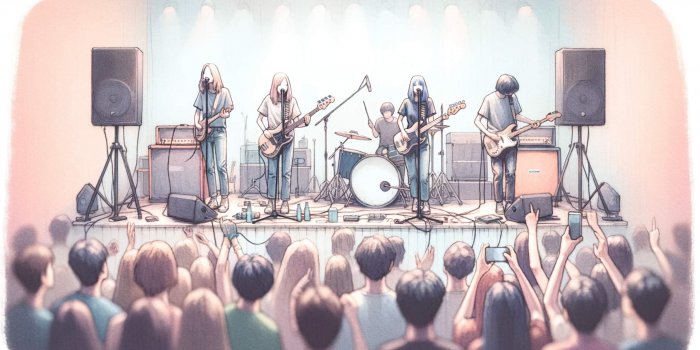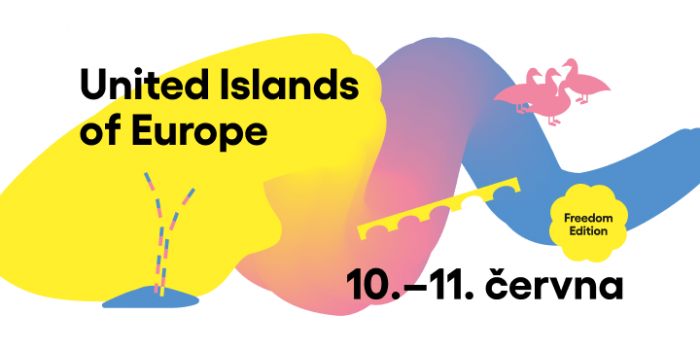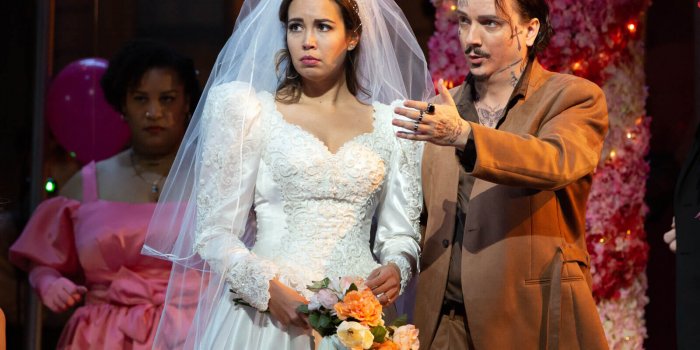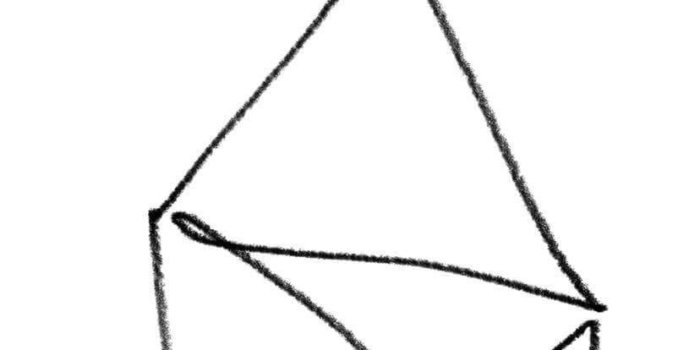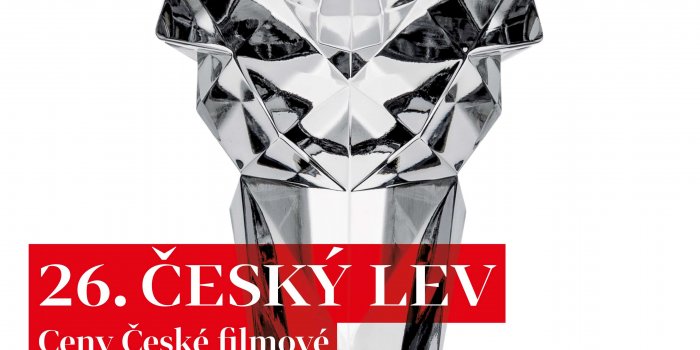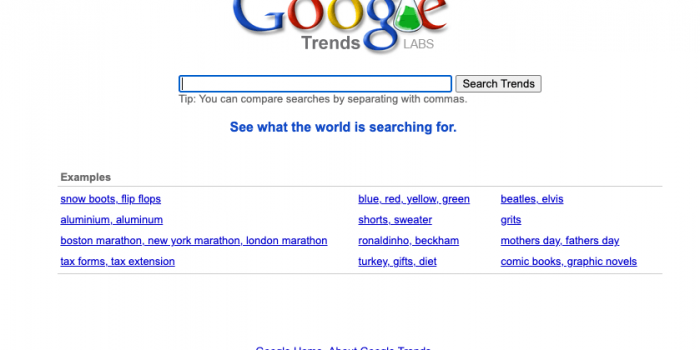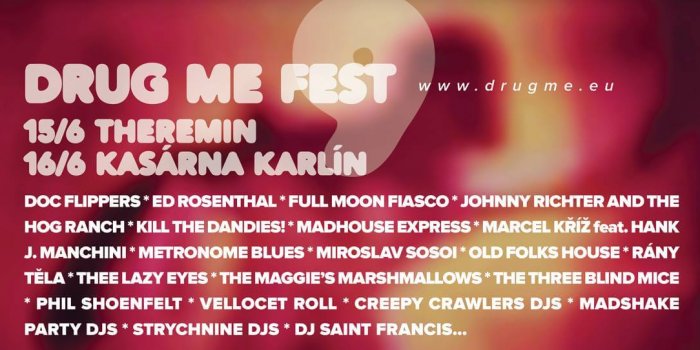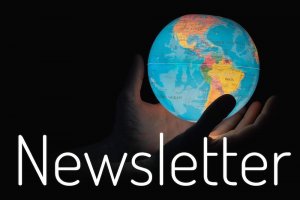Jeffrey Martin, the gigapixel guy: There is a good sense of personal freedom in Prague
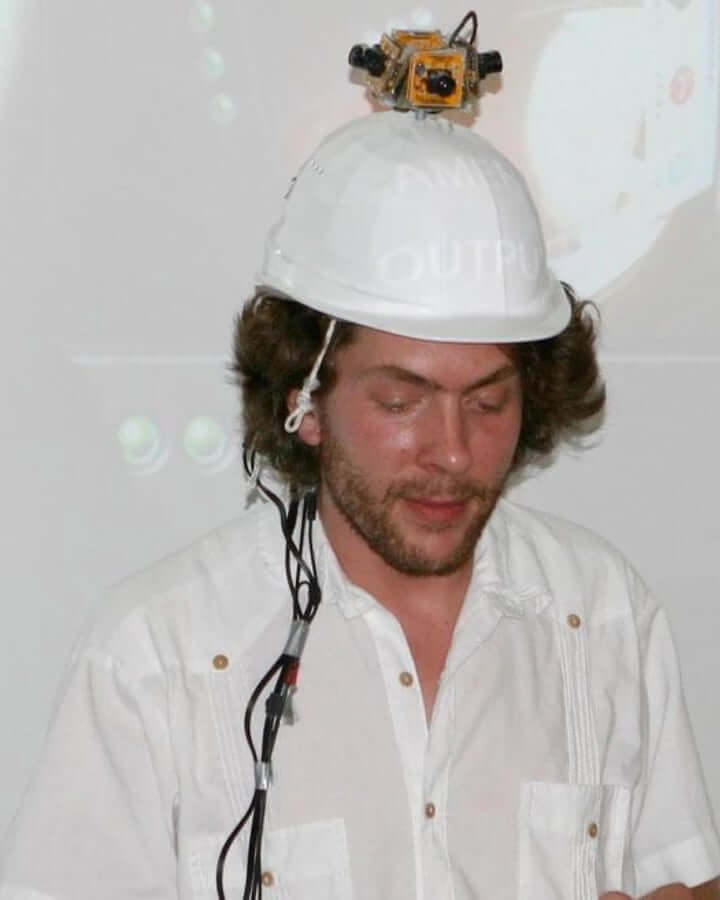
Jeffrey Martin has created several huge projects. He founded 360º things, about which more later. He is a Gigapixel Photographer and Founder/CEO of Mosaic Geospatial Imaging Systems. SO, he designs cameras and such, and takes beautiful, enormous photos. He also lives in Prague, so it felt almost necessary to interview him.
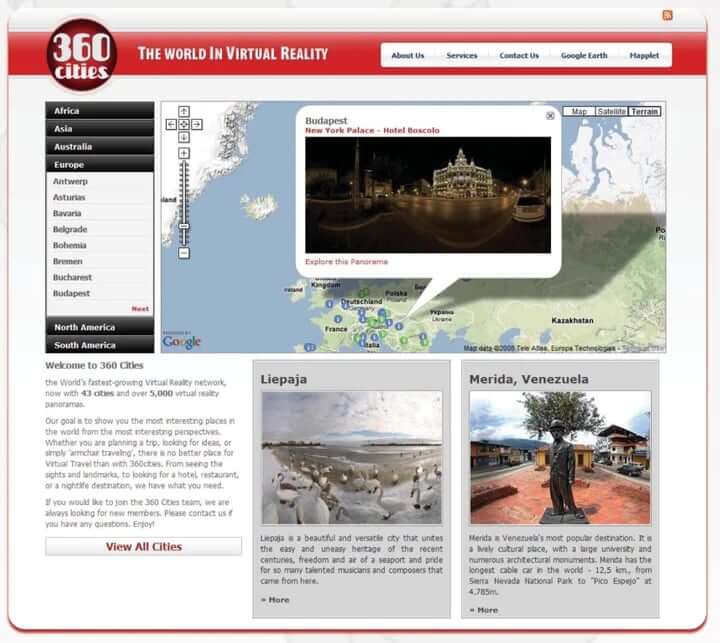
I first found you when I discovered HUGE photos of cities called the gigapixel photography. Basically, when is a photo gigapixel, and how do you create them?
A gigapixel photo is a lot of photos stitched together into a huge photo. You know the panorama mode on your phone that takes a lot of photos and stitches them together into a single panorama? Now try that but with a very long zoom lens, and make thousands of photos. Join them all together and you have a single extraordinarily high resolution photo. If you do a few of them around a tall building, you can put those together into a complete 360º photo!
Is it a hobby or is there a market to sell these?
I have done this for many clients over the years, since around 2005. However as you may guess it is rather niche, and I do not have clients for this on a regular basis. Whoever does need such a photo and searches the internet for it, they will certainly find me! My day job is running a company called Mosaic.

You live in Prague – how did you end up here, and do you plan to stay indefinitely?
I came here in 1999 as a lost 23 year old unsure of what I wanted to do exactly with my life. I had graduated University (studying English / Philosophy) and worked in the film industry in NYC, and I knew that I didn’t want to continue indefinitely “climbing the ladder” working on film productions in NYC. And I didn’t want to do that in LA either. Leaving the country to parts unknown seemed like a great option. Teaching English as a foreign language is something that English speakers are rather blessed with being able to do if they have a brain and learn some basic pedagogy. So I took a course to be a “certified” English teacher – it was a one month course, 6 hours a day. It gave me a decent familiarity with the communicative method of language teaching, which really can work well to bootstrap learning a language for zero beginners. So, I came here and worked teaching business English in offices, all over the city, for one language school.
This got boring for me though and I eventually landed a job at an English language business newspaper called the prague business journal, where I worked as the staff photographer. It was the very last dying days of film – I shot film and got it developed every day and scanned the relevant negatives. We had a digital camera, the Sony f707, which we used sometimes but not so much.
I tried fashion photography as well, which I did not like. That whole world is as you might expect – full of sleaze and narcissism and too many young girls and too many older men. I discovered 360 photography in 2002 or so with my first digital camera, a tiny canon elph.
The fungibility of digital photographs blew me away – you can merge them together into a new photograph with this panorama mode – crazy! From there I found some better software for stitching photos, and I fell into the rabbit hole from there, with the help of a couple of online forums, and yahoo group email lists with many similar enthusiasts from all over the world, many of whom remain my very best friends to this day – I meet many of them, from time to time, once or twice a year, at various events.
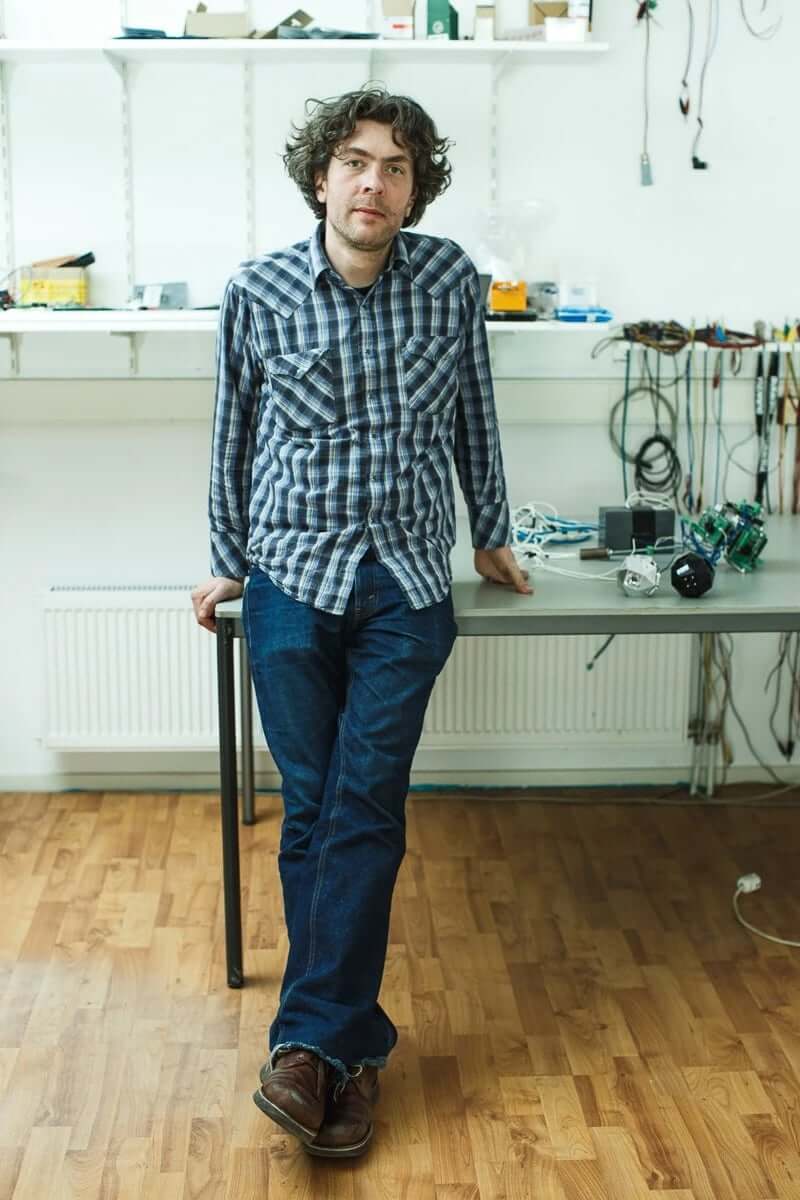
What do you love about Prague as place to live and work?
Prague is a great size, it is very well-functioning overall, convenient and safe; it is very beautiful and it has an overall very good quality of life, especially in terms of basic, banal, everyday living and working.
There is a good sense of personal freedom here, where people are generally tolerant of each other and you can mostly do what you want, as long as you aren’t bothering other people. There is a good rule of law here, where people more or less follow the rules and there are consquences if you don’t, but it’s not too strict like the USA for example.
The thing that most bothers me here is the frequent pessimism and negativity in general which can darken my mood. I understand why this is the case, the history, the weather, the landscape, and the ancient memories are different in different places, and this is how it is here.
One thing I have come to miss living here so long is the outrageous optimism that Americans possess. It can sometimes help to get hard things done, to stay positive.
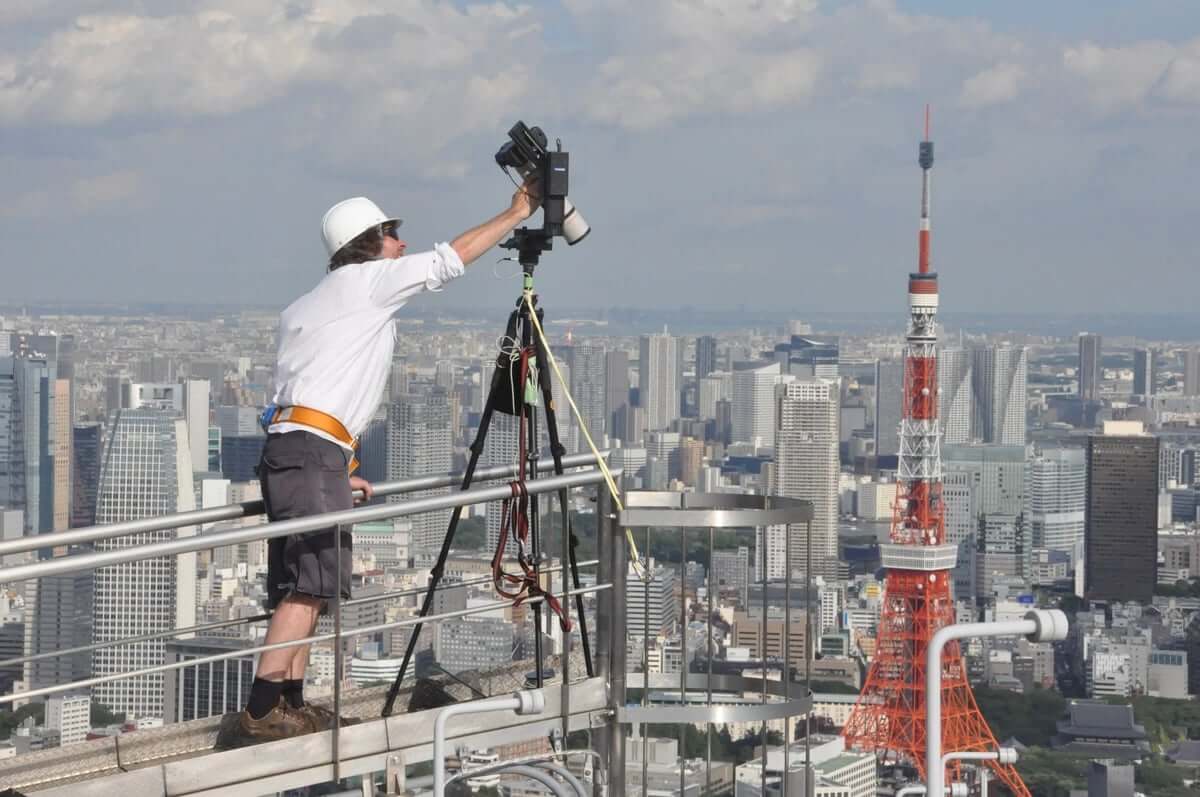
Here, you founded Prague360.com in 2005 – thet place no longer exists as you upped to 360 Cities https://www.360cities.net/ which is a place to sell photos that are huge, panoramic things. You are a platform to license stock photos of other people and you sell them to companies worldwide. How did you make this shif,t i imagine it had to be a lot of work, money, marketing and lawyer fiddling with contracts?
I’m not involved in 360cities.net anymore day to day, but yes, it was an interesting time. It took a long time to find a viable business model for that company. We settled on having a publishing platform for photographers, and splitting the money with them when their images get licensed.
How hands-on can it be for you now when you have a lot of other projects going on?
I’m mainly involved in Mosaic, which is more than full-time, and I do Gigapixel photography as well, occasionally.
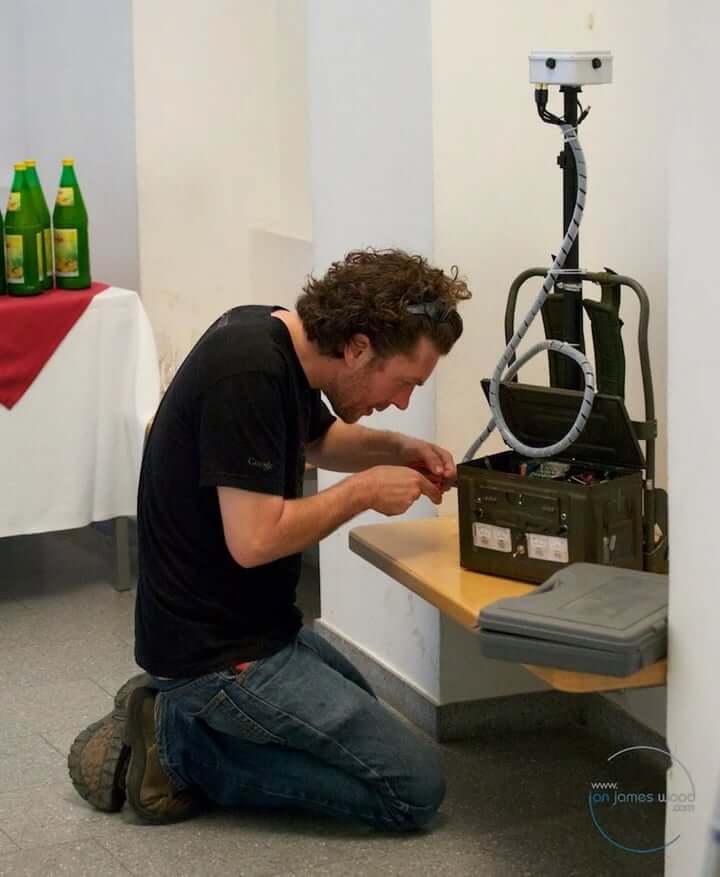
When i go to your website, the first thing you say about you is that you are a designer of camera systems for 360 and VR. That itself is quite a big thing, and a move from someone using cameras to someone who works on designing them seems something hat is not that usual. How did this happen and how do you work on these?
Yes, it is certainly not usual for a photographer to switch to camera hardware design….. for me it was a gradual process which started with me hacking around with CCTV camera parts, and meeting people who could help me with the electronics. I eventually gathered a team of people around me who could do all of this stuff the right away, in terms of mechanical and electrical engineering. I do however play a key role in specifying and designing the system at a high level, choosing which chips or image sensors or lenses are used, and things like that.
I imagine you travel a lot?
Yes, for trade shows mainly these days, and other meeting-related stuff, but sometimes also for photography, or “data collection” as we call it in the mobile mapping and 3d scanning world.
What are your favourite places and objects to photograph?
I love photographing cities, from the top of a tall building. This is my specialty! I have been to many cities where I have been perched on the top of a tower or skyscraper for many days in a row, with my camera taking thousands of photos. It’s really fun.
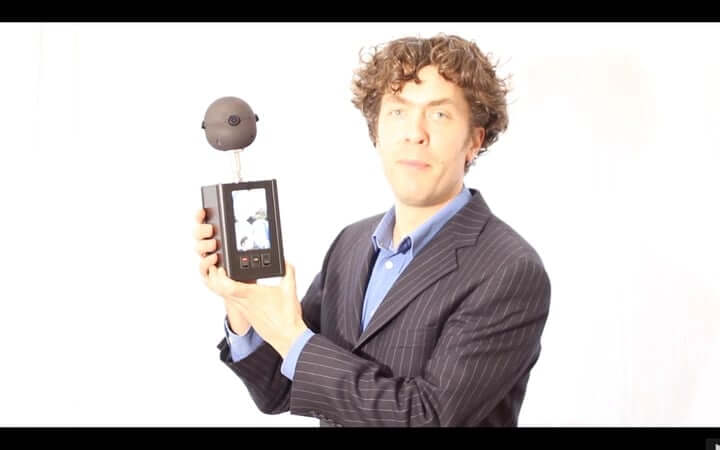
What is something that is surprisingly difficult to photograph?
For me, people! Portraits are very difficult for me. To catch someone’s true face and beauty is hard, and it is all in the personality of the photographer, and for me, I just don’t have that special something. I know photographers who do, and I highly respect them!
Just out of curiosity, you said you had radio show and as a radio DJ i have to say, where, how did it go?
I had a radio show at WNTH 88.1 FM which was the radio station at my high school. Yes, my high school had a radio station, we were so lucky for that. My first gig was reading the news for about 5 minutes every week when I was 14 years old. Then I got an actual show in my 3rd and 4th years of high School, we played 70’s music, and we made lots of prank phone calls. The radio station had a telephone, and you could call people on the air. We called lots of 1-800 numbers and various types of customer service lines and asked them strange questions. We called the Burger King customer service hotline so much that there was a staff-wide ban on talking to us, we found out.
At my first year of university, we also had a radio station, WGRE, and I had a show, but not for very long, I was kicked off, because my show was too rowdy. I put a condom over the microphone one day live on the air, and the students in charge of running the station didn’t like that. So they kicked me off. This radio station was at Depauw University in Indiana, and it was near a federal prison. Mike Tyson was in prison there for rape, this was around 1994. Some DJ”s would get letters from prisoners, thanking them for the music.
What are you working on now, and what are your plans for the coming months?
I’m very much full-time working at www.mosaic51.com/ – we are a 5 year old startup company, it is a ton of work, but very rewarding.
Anything else you would like to add?
It would be fun to hang out at Radio 1 sometime with you all. I’ve listened to Radio 1 almost the whole time I’ve lived here, definitely almost daily since 2002, so it’s like you’re all my friends. It might be the last truly great FM radio station left on the planet!

